Beauty News, Leahlani Skincare
Unmasking Hyperpigmentation: Understanding and Tackling Skin Dark Spots
Hyperpigmentation is a ubiquitous skin condition where certain patches or spots on the skin appear darker than the surrounding areas. This discolouration occurs due to an overproduction of melanin by the skin cells, a process triggered by damage, injury, hormonal changes, or even genetic factors (yes, we’re talking about those charming freckles!). Common types of hyperpigmentation include:
- Age spots or sun spots: These are small, dark patches that usually appear on the face, hands, and other areas of the body that are frequently exposed to the sun. They are more common in people over the age of 50 because they’re a result of oxidative stress from longterm exposure to UVA/UVB rays.
- Post-inflammatory hyperpigmentation: This type of hyperpigmentation is the dark spot left behind on the skin after injury or inflammation, most often caused by acne or eczema. This discoloration is the skin’s natural response to inflammation, and can take up to 24 months to fade, depending on skin type.
- Melasma: This is a type of hormonal hyperpigmentation that occurs primarily in women, usually during pregnancy or while taking birth control pills. It appears as large, dark patches on the face, especially on the cheeks, forehead, nose, and upper lip.
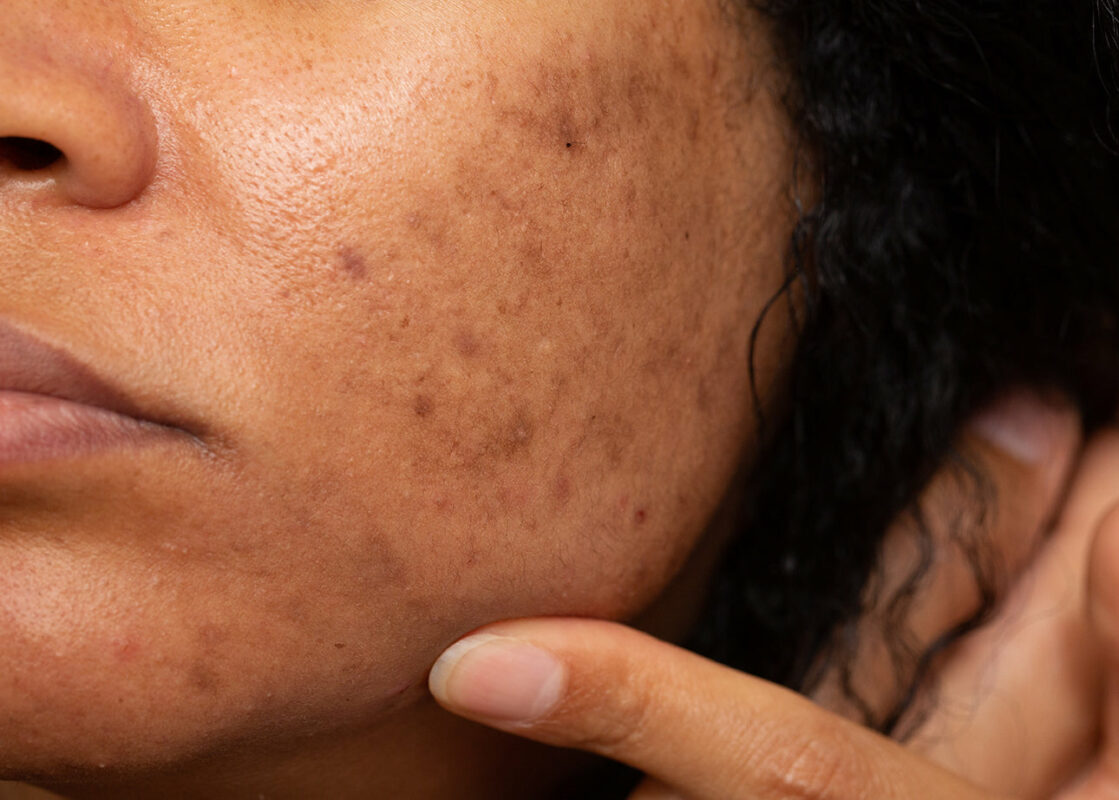
Effective Skincare Ingredients for Hyperpigmentation:
Patience is the name of the game when it comes to fading hyperpigmentation. Alongside maintaining consistency in your skincare routine and sun protection practices, consider these efficacious ingredients that can gradually fade dark spots, brighten your complexion, and harmonise your skin tone.
Patience is the name of the game when it comes to fading hyperpigmentation. Alongside maintaining consistency in your skincare routine and sun protection practices, consider these efficacious ingredients that can gradually fade dark spots, brighten your complexion, and harmonise your skin tone.
Retinoids
Retinoids expedite cellular turnover, thereby reducing hyperpigmentation. They encourage the shedding of old skin cells and stimulate the growth of new, evenly-pigmented ones.
Coenzyme Q10
Remarkably effective for treating post-inflammatory hyperpigmentation, CoQ10 minimises inflammation and oxidative stress on the skin — reducing future damage while facilitating the skin’s natural healing process.
Antioxidants
Antioxidants such as Vitamin C, CoQ10, Niacinamide, and Vitamin E shield the skin from damage caused by free radicals while offering protection from potential UV-damage.
AHAs
Alpha-hydroxy acids, known for their exfoliating properties, promote a more even skin tone by boosting cellular turnover. AHAs dissolve the bonds between dead skin cells, facilitating their shedding and promoting the production of new, evenly-pigmented cells.
Must-try Skincare Products for Hyperpigmentation

Kalima Cleansing Powder
Primarily formulated for PIH, this powder cleanser features active vitamin C to brighten the complexion, coconut milk to soften skin, and guava + camu camu fruit to harmonise skin tone and provide gentle exfoliation.

Aqua A Retinoid Renewing Serum
Packed with ultra-gentle HPR retinoids, vitamin C-enriched Kakadu plum oil, and botanical antioxidants, Aqua A offers complete skin renewal by increasing cellular turnover, brightening skin tone, and safeguarding against free radical damage.

Siren Brightening Serum
This potent brightening serum features UV-protective sea buckthorn, vitality-boosting micro-algae, and a botanical medley rich in Vitamins C and A.

Mahina Evening Replenishing Elixir
An evening moisturizer that renews skin, Mahina contains Co-Enzyme Q10 that aids in repairing sun damage and fortifying the skin. Pair Mahina + Siren for an effective nighttime ritual!
Keep Exploring


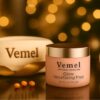
























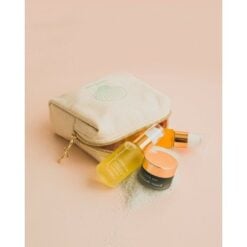
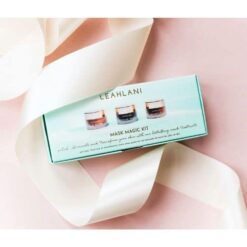






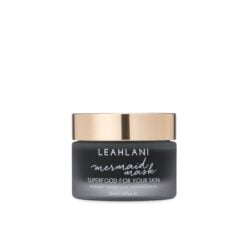
 Beauty Products
Beauty Products By Skintype
By Skintype Brands A-Z
Brands A-Z Wellness
Wellness Health / Nutrition
Health / Nutrition